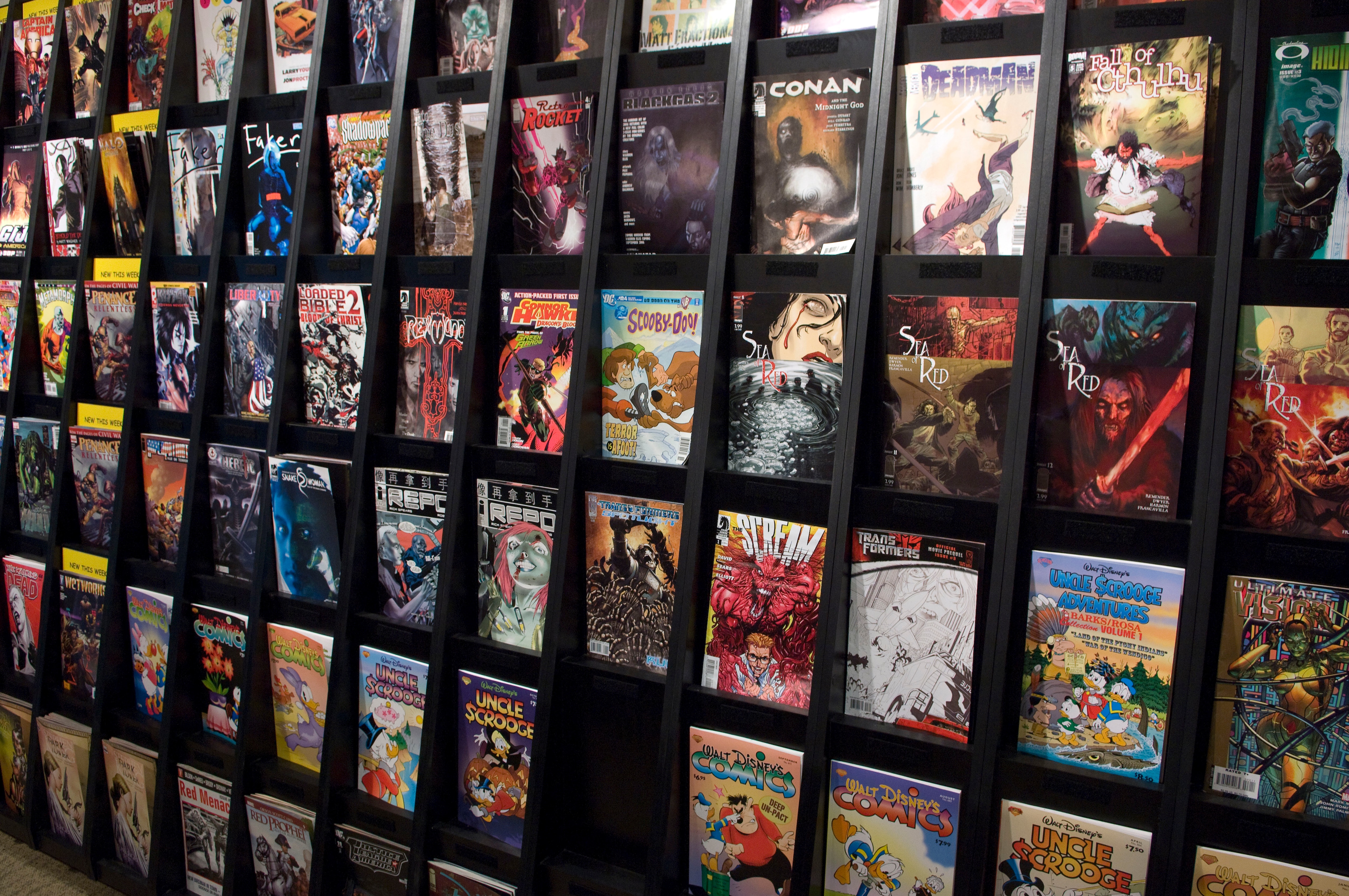Create a free profile to get unlimited access to exclusive videos, sweepstakes, and more!
DC Comics closing Vertigo and other imprints in favor of new age-rating system

After more than 25 years of publishing some of the most acclaimed comics in publishing, the long-running DC Entertainment imprint Vertigo is closing down.
DC Comics announced Friday that it plans to "sunset" the publishing imprint, which was launched in 1993 as an outlet for DC's adult-oriented superhero stories and non-superhero books, at the end of this year to make way for a new publishing system that unites all books under the DC banner in 2020. This means recently launched young reader imprints DC Zoom and DC Ink will also be shuttering, folded into a new three-tiered system that will group books under labels based on their intended age groups.
“We’re returning to a singular presentation of the DC brand that was present throughout most of our history until 1993 when we launched Vertigo to provide an outlet for edgier material,” DC Publisher Dan DiDio said in a statement. “That kind of material is now mainstream across all genres, so we thought it was the right time to bring greater clarity to the DC brand and reinforce our commitment to storytelling for all of our fans in every age group. This new system will replace the age ratings we currently use on our material.”
Under its new publishing system launching in January 2020, DC will release all books intended for readers aged 8-12 under the DC Kids label, while books intended for readers 13 and up will be published under the primary DC label. The already announced DC Zoom and DC Ink titles coming in 2020 will be sorted into these two groups accordingly. Books intended for audiences aged 17 or older, which were often Vertigo titles, will be published under the already-in-use DC Black Label branding. The previously announced Black Label titles will keep that branding, while the label will also be repurposed for all of DC's upcoming adult-oriented titles.
“What we’ve done here is apply an ages and stages organizing philosophy that will strengthen what we’re already doing well, whether that is our move into the young adult and middle grade audience or our long track record of success with creator-driven pop-up lines,” DC Publisher and Chief Creative Officer Jim Lee said. “We will also continue to publish creator-owned projects, and will evaluate and assign to the appropriate label to help our fans find the best books for their interests. These new labels not only bring greater consistency and focus to our characters, but they also open up a wealth of new opportunities for the talent working on our books.”
While the new system could certainly work in the favor of many beginner-level readers trying to find the right books for them (or their children), many comics fans will spend today mourning the end of Vertigo Comics, which was a pillar of creativity and a mark of quality for nearly three decades. Under the leadership of editorial luminaries like Karen Berger, the Vertigo label became synonymous in the 1990s with bold new stories that often challenged or completely blew up pre-existing expectations for what comics could be.
Among the many masterpieces released through Vertigo were Neil Gaiman's The Sandman (which began at DC Comics before migrating to Vertigo when the imprint was founded), Garth Ennis and Steve Dillon's Preacher, Warren Ellis and Darick Robertson's Transmetropolitan, Brian K. Vaughan and Pia Guerra's Y: The Last Man, Bill Willingham and Mark Buckingham's Fables, and Grant Morrison's The Invisibles.


























